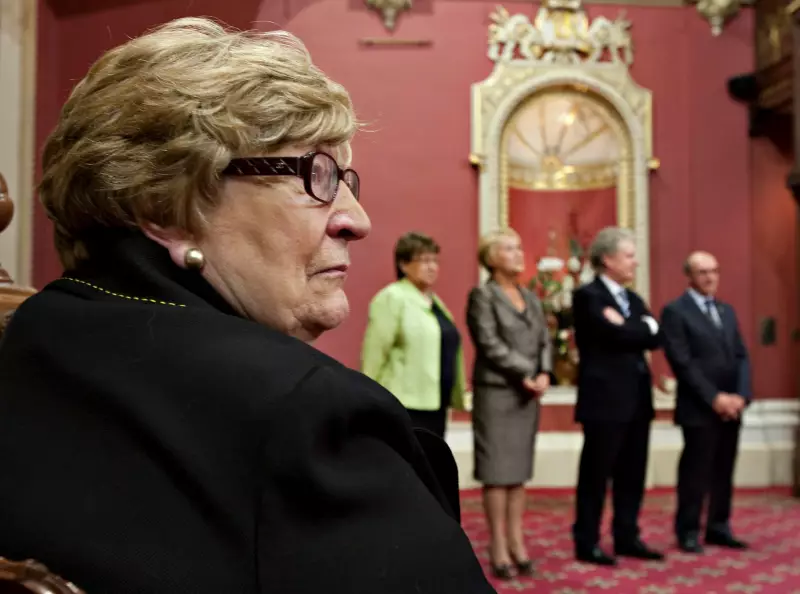
The political landscape of Quebec is mourning the loss of one of its most influential figures as former cabinet minister Lise Bacon has died at the age of 91. The trailblazing politician passed away peacefully in her sleep, leaving behind a legacy that forever changed the face of Quebec governance.
A Political Pioneer Breaks Barriers
Bacon made history as the first woman to serve as Quebec's deputy premier, shattering glass ceilings throughout her remarkable career. Her political journey spanned an impressive 21 years in the National Assembly, where she represented the riding of Chomedey with distinction and determination.
Ministerial Excellence Across Multiple Portfolios
During her tenure, Bacon demonstrated exceptional versatility and competence by leading several crucial ministries:
- Cultural Affairs - Where she championed Quebec's artistic and cultural development
- Intergovernmental Affairs - Navigating complex federal-provincial relationships
- Immigration - Shaping policies that would define Quebec's demographic future
- Energy and Resources - Overseeing critical infrastructure and resource management
- Social Affairs - Implementing policies that improved lives across the province
Tributes Pour In for Political Luminary
Current Quebec Premier François Legault led the tributes, acknowledging Bacon's "significant contribution to Quebec's political history" and noting her pioneering role for women in politics. The outpouring of respect from across the political spectrum underscores her ability to build bridges and earn admiration from colleagues and opponents alike.
The Later Years and Lasting Impact
After retiring from provincial politics in 1994, Bacon continued her public service as chair of the Montreal Urban Community until 1996. Her commitment to public service never wavered, and her influence continued to shape political discourse in Quebec long after she left office.
Bacon's passing marks the end of an era in Quebec politics, but her legacy as a barrier-breaking leader who paved the way for generations of women in public service will continue to inspire. Her story remains a testament to what determined leadership can accomplish in shaping a province's destiny.





